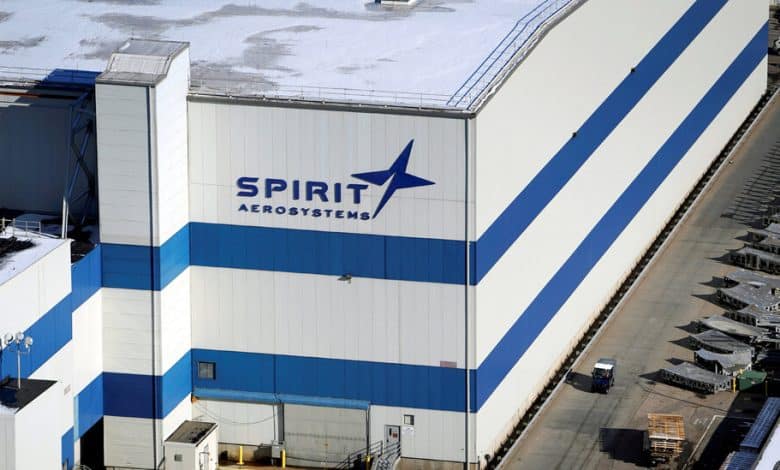Dish Soap to Help Build Planes? Boeing Signs Off on Supplier’s Method.

A recent Federal Aviation Administration audit of the production of the Boeing 737 Max raised a peculiar question. Was it really appropriate for one of the plane maker’s key suppliers to be using Dawn dish soap and a hotel key card as part of its manufacturing process?
The answer, it turns out, may be yes.
The F.A.A. conducted the audit after a panel known as a door plug blew off a 737 Max 9 during an Alaska Airlines flight in January. The New York Times reported last month that the agency’s examination had identified dozens of problems at Boeing and the supplier, Spirit AeroSystems, which makes the fuselage of the 737 Max.
Boeing and Spirit have both come under intense scrutiny after the episode involving the Alaska plane, which appears to have left Boeing’s factory in Renton, Wash., missing four bolts used to secure the door plug in place. Spirit has had its own share of quality problems in recent years and has been bruised by financial losses, and Boeing said last month that it was in talks to acquire the company, which it spun out in 2005.
But in the aftermath of the Alaska episode, Spirit says one thing has been misunderstood: its use of the dish soap and the hotel key card.
In fact, the company says it is now properly authorized to use the soap as well as a newly created tool that resembles a key card. Both have been approved by the appropriate engineering authorities at Boeing and documented for use under F.A.A. standards as factory tools known as shop aids, according to Spirit.
“People look at the hotel key card or Dawn soap and think this is sloppy,” said Joe Buccino, a Spirit spokesman. “This is actually an innovative approach to solving for an efficient shop aid.”
